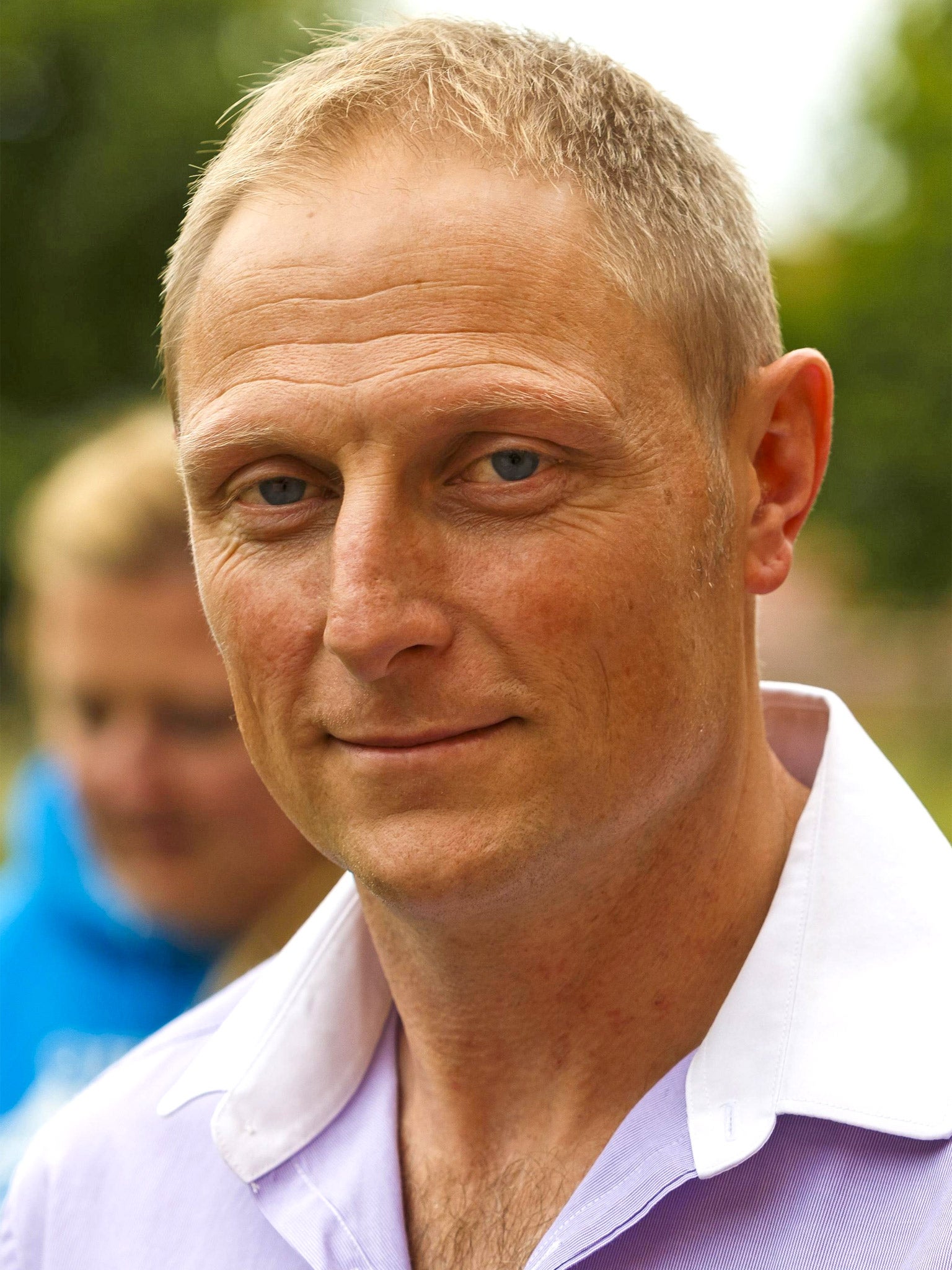SAS in a corner: did it operate lax procedures over illegal arms?
Soldiers from most elite regiment called to give evidence at court martial of Danny Nightingale

The army's most elite regiment was forced to answer questions today as to whether it operated lax procedures when it came to illegal arms.
A string of SAS soldiers were called before the court martial of Sergeant Danny Nightingale, who faces charges of keeping an illegal gun and hundreds of rounds of ammunition at his private home, in a move which the prosecution claimed endangered the public.
Special measures were taken to protect information about the notoriously secretive regiment today as its soldiers were questioned at the Military Court Centre in Bulford.
The public was moved to another court and could only see footage that masked the identity of the witnesses, who were all only referred to by a letter, while the audio feed was cut off repeatedly when matters of operational security were discussed.
In one instance an officer appeared to reveal that the special forces unit had been operating in Iraq in 2001, two years before the invasion, though that was later described by military sources as a mistaken reference to Afghanistan.
The court heard fleeting references to the clandestine arrest operations the SAS made in Iraq and the fact they were deployed in units of around 40 men. But their bases were simply referred to as North 1, North 2 and South.
Sgt Nightingale has pleaded not guilty to possession of an illegal Glock 9mm pistol as well as 338 rounds, which were discovered at the house he shared with another soldier in September 2011.
The SAS sniper's case became a cause celebre late last year when it emerged that he had been jailed for 18-months. A campaign by his wife Sally led to such a public outcry that the matter was raised in parliament and the 38-year-old was released after the Court of Appeal quashed his conviction.
At the opening of a new week-long court martial on Tuesday, prosecutor Timothy Cray insisted that, despite the mystique surrounding the special forces, it was not entitled to operate above the law.
Today Soldier Y, the officer who was adjutant of the regiment at the time of Sgt Nightingale's arrest, was asked whether the SAS simply turned a "blind eye" to ammunition being stored outside a secure lock up.
"We have no dispensation and nor have we ever had," he replied.
"Given the nature of your unit, was there special exemption in terms of members of the unit having firearms for their own use that hadn't been issued by the unit?" asked Mr Cray.
"None whatsoever," said the officer, adding: "It would be a gross breach, bearing in mind the nature and quantity of ammunition that was allegedly found."
William Clegg QC, defending Sgt Nightingale pointed out that Operation Plunder was started in 2004 to prevent soldiers bringing war trophies from Iraq.
But the officer insisted policies had always been in place to prevent such illegal transport of weapons or ammunition: "We were in Iraq in 2001 and we were adhering to NATO procedures regarding importation of weapons. We already had rules and regulations."
The court has heard that Sgt Nightingale flew home from a tour of Iraq in November 2007 as part of repatriation team tasked with bringing back the bodies of two colleagues who were killed near Baghdad.
Today's court martial appeared to set his former colleagues against him as they contradicted suggestions that he flew directly home from a secondary base, while his kit - which may have contained the illegal gun - was flown home separately.
Sgt Nightingale and his house mate, named only as Soldier N, were brought home from a tour of Afghanistan in September 2011 after arms and ammunition were found in the house they shared.
The court heard on Tuesday that the father-of-two had initially admitted it was a war trophy from Iraq that he intended to decommission and give to the regiment. But, the prosecution claimed, he now denied the earlier version of events, explaining that he had suffered from memory problems after collapsing during a jungle marathon in Brazil in October 2009.
SAS soldiers currently serving in Afghanistan are expected to give evidence via video link tomorrow.
Join our commenting forum
Join thought-provoking conversations, follow other Independent readers and see their replies
Comments
Bookmark popover
Removed from bookmarks